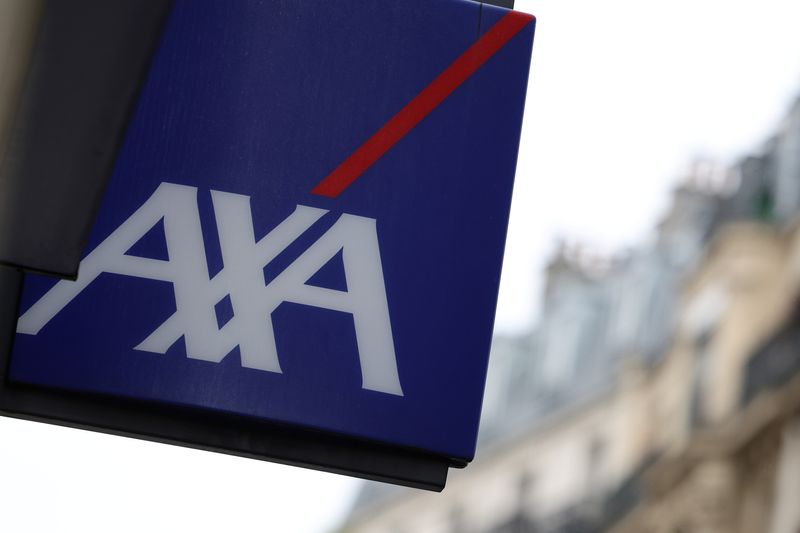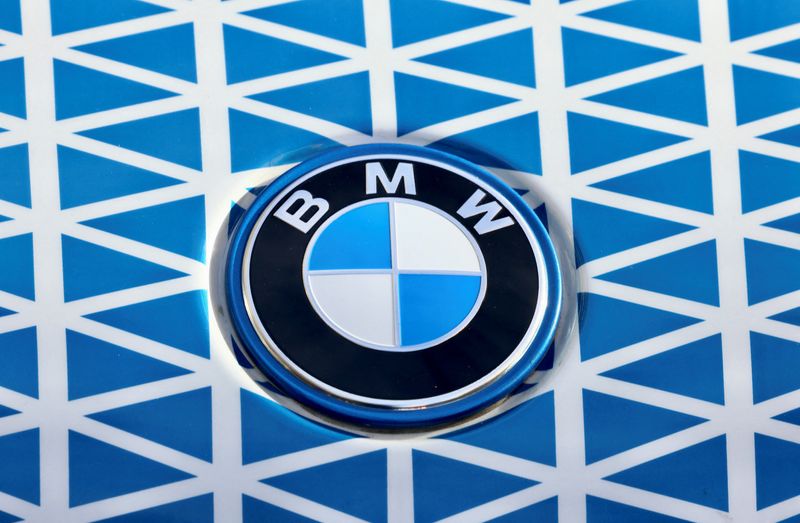(Reuters) - A major bridge collapsed on Tuesday in the U.S. port of Baltimore after being struck by a container ship, plunging cars into the river below.
Here is what carmakers and other companies that use the port, have said about the impact on their operations:
ASR GROUP
The largest sugar company in the U.S. said it has six to eight weeks of raw sugar stocks at its Baltimore refinery, which is supplied by vessels coming to the port. It said it does not expect short-term impacts.
AXA
The French insurer said in a statement it "does not expect losses" from the Baltimore bridge collapse to be "material at a group level".
BERKSHIRE HATHAWAY ENERGY
The operator of Cove Point liquefied natural gas terminal said its operations were not impacted.
BMW
The German automaker said it does not expect any immediate impact other than short-term traffic delays.
The port's automotive terminal is located at the harbor entrance, in front of the bridge, and can still be accessed.
BRITANNIA
The Britannia Steam Ship Insurance Association, which insures the Dali container ship, said it is working with the vessel's owner and U.S. authorities on the investigation into the collapse of the bridge.
CARNIVAL CORP
The British-American cruise operator said its 2024 revenue guidance does not include an estimated impact of up to $10 million linked to the collapse.
COLONIAL PIPELINE COMPANY
The largest pipeline system for refined oil products in the U.S. paused nominations to ship fuel on cycles 15 and 16 on Line 32, which delivers products to its Curtis Bay facility in the port, according to a notice seen by Reuters.
CONSOL ENERGY
The coal producer said vessel access in and out of the Consol marine terminal, which is located in the port of Baltimore, has been delayed.
CSX (NASDAQ:CSX)
The rail company said its existing coal customers should expect "potential shipment delays".
CSX owns the Curtis Bay coal pier in Baltimore, near the bridge, which it plans to keep operational for now as it continues to "assess the circumstances," the company said.
FITCH RATINGS
Fitch said it expects minimal impact on operations or production of North American auto manufacturers or suppliers.
FORD
CFO John Lawler said the automaker will have to divert parts to other ports, affecting its supply chain.
"Where workarounds are necessary in the short term, our team has already secured shipping alternatives," the firm said.
GENERAL MOTORS
The U.S. carmaker said it will reroute vehicle shipments to other ports. It expected impact to be minimal.
HOME DEPOT
Home Depot (NYSE:HD) said its distribution centers in the Baltimore area were "open and operating".
JAGUAR LAND ROVER
The private car company said it does not comment on confidential retailer communications and is monitoring the situation.
LONDON METAL EXCHANGE
LME said warehouses registered with the exchange in Baltimore had not been affected.
LLOYD'S OF LONDON
Bruce Carnegie-Brown, chairperson of Lloyd's, said the collapse was likely to lead to a multi-billion dollar insurance loss and could become the largest single marine insurance loss.
MERCEDES BENZ
The German carmaker, which uses Baltimore's port for imports and owns a plant in Tuscaloosa, said it sees no impact on its vehicle exports, and had reviewed and adjusted supply routes.
MOODY'S
Moody's said if the port remains closed, re-routing shipments to other east coast spots will erode its competitive advantage.
MORNINGSTAR DBRS
Morningstar DBRS said insured losses could total $2-4 billion, surpassing the record loss of the Costa Concordia.
NORFOLK SOUTHERN
CEO Alan Shaw said the company is working with customers to provide logistics workarounds.
RAMACO
The company said it is unaffected by the collapse.
STELLANTIS
The French-Italian carmaker said it was discussing "contingency plans to ensure an uninterrupted flow of vehicles", according to a New York Times article.
VOLKSWAGEN
The German carmaker said its vessel operations in Baltimore were unaffected, but there could be trucking delays.

VOLVO GROUP
The Swedish company, which makes trucks, construction equipment and engines, said it currently expected no major impact, but was looking over its U.S. inventory to see if there could be a disturbance in worst-case scenarios.
